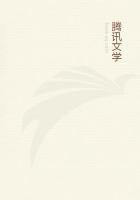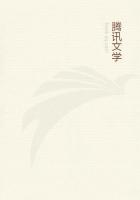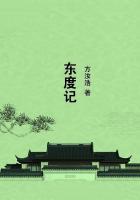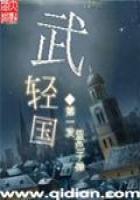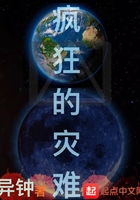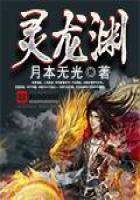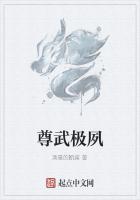THE DEATH OF CHAKA
Now, on the morrow, two hours before midday, Chaka came from the hut where he had sat through the night, and moved to a little kraal surrounded by a fence that was some fifty paces distant from the hut.
For it was my duty, day by day, to choose that place where the king should sit to hear the counsel of his indunas, and give judgment on those whom he would kill, and to-day I had chosen this place. Chaka went alone from his hut to the kraal, and, for my own reasons, Iaccompanied him, walking after him. As we went the king glanced back at me over his shoulder, and said in a low voice:--"Is all prepared, Mopo?"
"All is prepared, Black One," I answered. "The regiment of the Slayers will be here by noon.""Where are the princes, Mopo?" asked the king again.
"The princes sit with their wives in the houses of their women, OKing," I answered; "they drink beer and sleep in the laps of their wives."Chaka smiled grimly, "For the last time, Mopo!""For the last time, O King."
We came to the kraal, and Chaka sat down in the shade of the reed fence, upon an ox-hide that was brayed soft. Near to him stood a girl holding a gourd of beer; there were also present the old chief Inguazonca, brother of Unandi, Mother of the Heavens, and the chief Umxamama, whom Chaka loved. When we had sat a little while in the kraal, certain men came in bearing cranes' feathers, which the king had sent them to gather a month's journey from the kraal Duguza, and they were admitted before the king. These men had been away long upon their errand, and Chaka was angry with them. Now the leader of the men was an old captain of Chaka's, who had fought under him in many battles, but whose service was done, because his right hand had been shorn away by the blow of an axe. He was a great man and very brave.
Chaka asked the man why he had been so long in finding the feathers, and he answered that the birds had flown from that part of the country whither he was sent, and he must wait there till they returned, that he might snare them.
"Thou shouldst have followed the cranes, yes, if they flew through the sunset, thou disobedient dog!" said the king. "Let him be taken away, and all those who were with him."Now some of the men prayed a little for mercy, but the captain did but salute the king, calling him "Father," and craving a boon before he died.
"What wouldst thou?" asked Chaka.
"My father," said the man, "I would ask thee two things. I have fought many times at thy side in battle while we both were young; nor did Iever turn my back upon the foe. The blow that shore the hand from off this arm was aimed at thy head, O King; I stayed it with my naked arm.
It is nothing; at thy will I live, and at thy will I die. Who am Ithat I should question the word of the king? Yet I would ask this, that thou wilt withdraw the kaross from about thee, O King, that for the last time my eyes may feast themselves upon the body of him whom, above all men, I love.""Thou art long-winded," said the king, "what more?""This, my father, that I may bid farewell to my son; he is a little child, so high, O King," and he held his hand above his knee.
"Thy first boon is granted," said the king, slipping the kaross from his shoulders and showing the great breast beneath. "For the second it shall be granted also, for I will not willingly divide the father and the son. Bring the boy here; thou shalt bid him farewell, then thou shalt slay him with thine own hand ere thou thyself art slain; it will be good sport to see."Now the man turned grey beneath the blackness of his skin, and trembled a little as he murmured, "The king's will is the will of his servant; let the child be brought."But I looked at Chaka and saw that the tears were running down his face, and that he only spoke thus to try the captain who loved him to the last.
"Let the man go," said the king, "him and those with him."So they went glad at heart, and praising the king.
I have told you this, my father, though it has not to do with my story, because then, and then only, did I ever see Chaka show mercy to one whom he had doomed to die.
As the captain and his people left the gate of the kraal, it was spoken in the ear of the king that a man sought audience with him. He was admitted crawling on his knees. I looked and saw that this was that Masilo whom Chaka had charged with a message to him who was named Bulalio, or the Slaughterer, and who ruled over the People of the Axe.
It was Masilo indeed, but he was no longer fat, for much travel had made him thin; moreover, on his back were the marks of rods, as yet scarcely healed over.
"Who art thou?" said Chaka.

